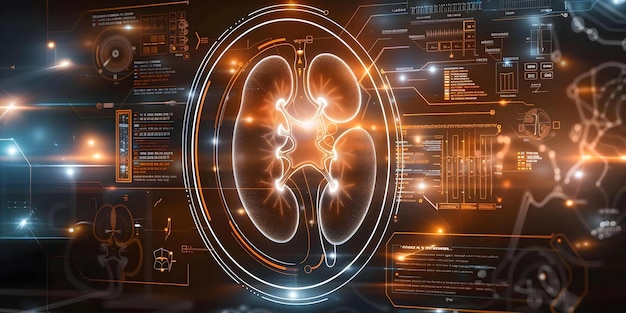
Imagine needing dialysis, a crucial treatment option when your kidneys fail. This challenge can affect anyone, regardless of age or lifestyle. While dialysis is lifesaving, it requires significant physical and emotional adjustments.
Fortunately, extreme measures like dialysis can often be avoided. Keeping your kidneys healthy involves more than just preventing dialysis; it means taking proactive steps right now. You have the ability to influence your kidney health, and there are effective ways to protect these vital organs by focusing on early care and prevention.
Dialysis becomes necessary when kidney failure is severe, serving the vital role of filtering waste from the blood. This need often arises due to conditions like diabetes or hypertension that damage kidney function. Even though it’s not a cure, dialysis is key to maintaining your body’s balance and prolonging life.
There are two main types of dialysis:
1. Hemodialysis
2. Peritoneal Dialysis
Adapting to these dialysis forms involves getting used to a regular treatment schedule and making dietary adjustments. It also includes dealing with side effects like fatigue and muscle cramps and often requires emotional strength with support from healthcare teams and family.
Chronic Kidney Disease (CKD) is a gradual loss of kidney function that frequently goes unnoticed. Early symptoms can include fatigue, changes in urination, swelling in legs or ankles, persistent itching, and shortness of breath.
Recognizing these signs early is essential for prompt intervention. It’s important to remember that CKD can progress to end-stage renal disease if not managed well.
Diagnosing CKD usually involves blood and urine tests to measure kidney function indicators such as creatinine levels and to check for abnormalities like protein or blood in the urine. Key risk factors include diabetes, high blood pressure, obesity, older age, and a family history of kidney issues.
Regular health check-ups are crucial, especially for those with these risk factors. Early detection and proper management can significantly slow the disease’s progression, lowering the need for more invasive treatments later on.
Your kidneys are vital for your overall health, and taking steps to protect them matters. By adopting specific lifestyle and dietary habits, you can greatly enhance kidney function and health.
By focusing on these areas, you can significantly improve your kidney health. Remember, small daily changes can lead to big improvements in both your kidney health and overall well-being.
In conclusion, keeping your kidneys healthy is essential for your overall well-being. Simple daily actions and informed choices play a crucial role in this. By adopting a kidney-friendly lifestyle and seeking advice from healthcare professionals, you can prevent potential health issues and improve your quality of life.
Taking care of your kidneys is a meaningful act of self-care. Every positive lifestyle change you make benefits your long-term health. By consistently focusing on care and staying aware of your overall wellness, you build a strong foundation for a healthier future.